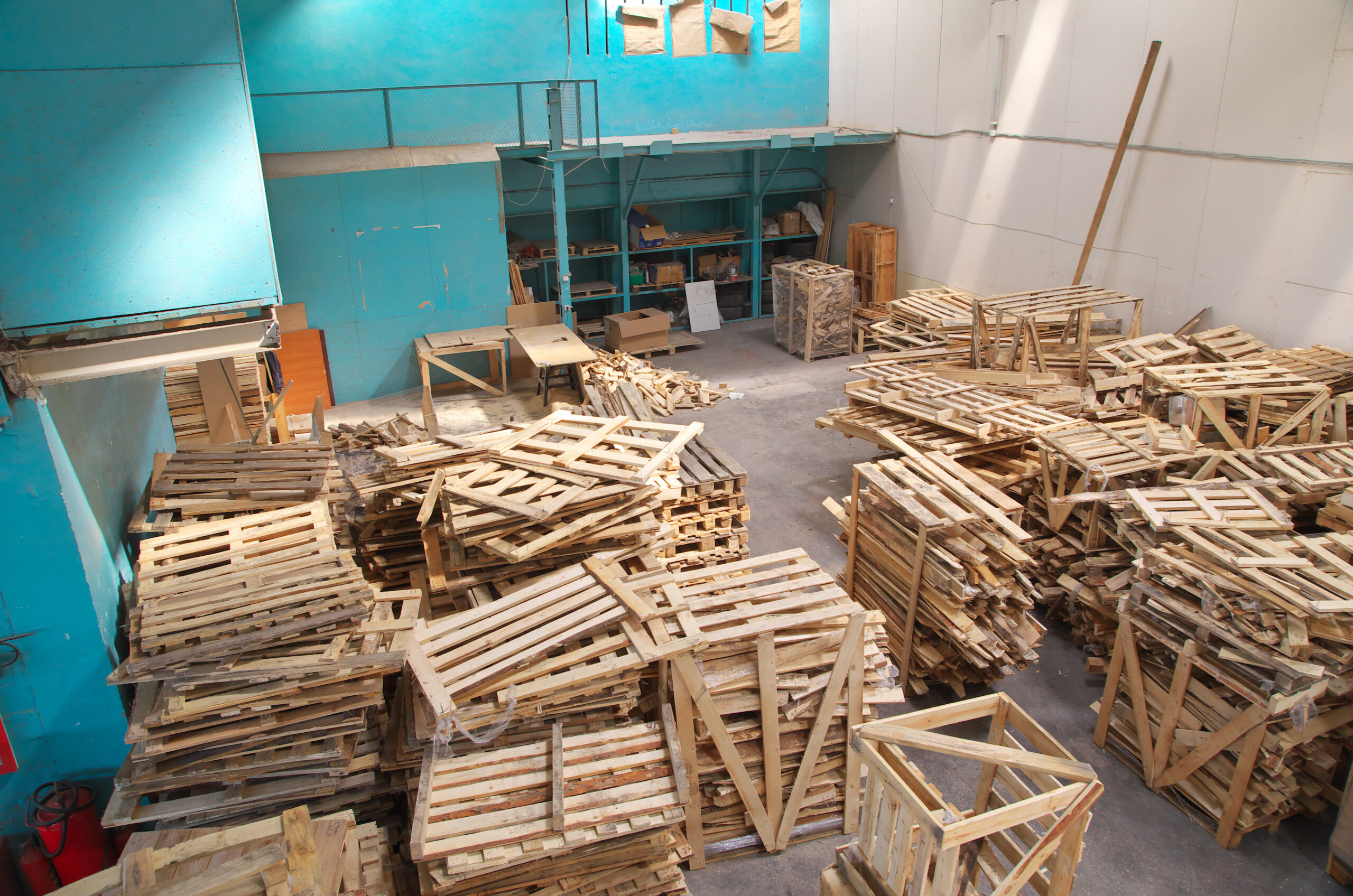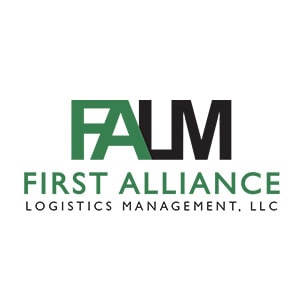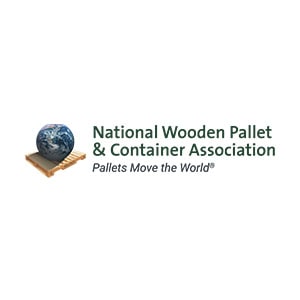Why the Construction Quality of Your Businesses Pallets Matters

Consistency is key in every aspect of business, from product quality and workflow to infrastructure areas like shipping. It not only reduces costs but also brings peace of mind. Pallets are no exception, and using uniform construction on your pallets will improve shipping efficiency. Consider these reasons for choosing uniform-quality pallets.
Less expensive pallets
Pallets are a critical part of many businesses. They are used for transport, storage, and even recycling. The good news is that there are many options for less expensive pallets for businesses. These options can reduce the cost of pallets without compromising their weight capacity. And since pallets can be reused multiple times, they are great for businesses that need them in a hurry.
Another option is to find local distribution centers where you can find free or inexpensive pallets. These facilities often get old, non-conforming pallets and make them available for pick-up. By asking local business owners, you can often find out where to find these free pallets. It can be a long shot, but it’s worth a try. You may even be able to develop a relationship with the facility.
Plastic pallets might be a good option if your business doesn’t have the budget to purchase expensive wooden pallets. These pallets are durable and can withstand a variety of chemicals. Moreover, they’re easy to clean and have a high strength-to-weight ratio. Plastic pallets are also a good option for businesses that ship fragile goods. However, they’re not as resilient as wooden pallets, so you’ll need extra care to protect your products.
By joining a pallet pool, you can share the cost of pallets with other businesses in your area. Though it’s expensive initially, it pays off over time because you’ll pay less per pallet. This method of sharing pallets is especially useful for businesses that need many of them.
Better quality pallets
Businesses require high-quality pallets to load and transport products safely. Bulk products require fast shipments, and high-quality pallets can reduce load time significantly. They can also be custom-made and are strong enough to support large quantities of products. Additionally, these pallets can be made with special shapes to prevent accidents during transportation.
The drying process used to make pallets is essential. It reduces the natural humidity of the wood and prevents mold growth. If you want your pallets to be safe, ask your pallet supplier to provide you with the correct specifications. In addition, check for the presence of xylophagous insects in the wood. These insects feed on the wood and may cause damage to the pallets.
Another important thing to consider when choosing a pallet supplier is the level of customer service. A good pallet supply company should be able to respond quickly to last-minute orders. It should also offer pick-up and recycling services. If you’re running a tight supply chain, you don’t want to deal with a supplier that cannot meet your needs.
Better supplier-customer relationship
Building a better supplier-customer relationship requires some time and effort on both sides. By selecting the right supplier and establishing a good relationship, you can save time and money while better understanding your facility’s needs. After all, a good pallet supplier will consistently produce high-quality pallets, keep delivery and pick-up dates, and prioritize your facility in times of emergency. This can help you meet your productivity goals and reduce logistical friction.
Cost of wood versus plastic
When comparing the cost of wood versus plastic construction quality for your business pallets, you’ll want to consider how long they last. Plastic pallets are more durable and can last up to 50 turns before replacement. On the other hand, wood pallets can splinter and warp and are susceptible to insect and fungus infestation. Moreover, wood pallets are expensive to ship, which means you’ll be spending more money to ship them.
When it comes to the initial cost, wood pallets are generally less expensive than plastic ones, so many companies use them for their first pallet purchases. However, wood pallets have a limited lifespan, depending on their use. Additionally, they can splinter and become contaminated with chemicals and bacteria, and their joints are weak spots. Plastic pallets are much more durable and can last as many as 250 trips before replacement. Plastic pallets are also recyclable, so you can get credit for recycling them. Regardless of which construction material you choose, consider your business’s total cost before making a decision.
One of the biggest challenges companies face using pallets is deciding between wood and plastic. Often, price is the primary factor in making a decision. Wood looks like a cheaper option than plastic, but it’s not as cost-effective as you think.
Cost of non-wood pallets
The cost of wood pallets varies according to the wood species and the type of wood used. Non-wood pallets are less expensive and can last up to 12 times as long. Wood pallets can be very heavy, so businesses may need to order new ones every few turns. They may also need to evaluate broken pallets and replace them as necessary. Shipping these heavy pallets may incur additional costs. Plastic pallets are also lighter, so they cost less to ship.
Wood pallets are porous and can harbor bacteria and insects. This can affect the product, which could be potentially dangerous for customers. Some bacteria can cause illness in humans, leading to product recalls. Companies can also be fined. And if the bacteria is discovered on a pallet, the company could be required to make replacements.
Wooden pallets are also more expensive to ship. Some industries charge transportation rates based on the weight of their products, so a few extra pounds can be prohibitive. In these cases, non-wood pallets are the best option. Also, wood pallets have metal fasteners, which can break and rust, making shifting them difficult and costly. Wood pallets also tend to have rough boards, which can cause splinters.
Wood composite pallets are another option. They are nearly as expensive as recycled wood pallets but do not require heat treatment for international shipping. Presswood pallets, for example, start at $7 per piece. They come in many sizes and can be used by businesses. Pasadena skid and pallet is a popular source for pallets. Metal pallets are also available, including steel, aluminum, and stainless steel. These pallets are more suitable for food production environments. However, they are also more expensive than wood pallets.
Need for a pallet audit
As warehouse automation grows and more of your products are being shipped via pallets, the quality of your business pallets can become an issue. Fortunately, there are many ways to ensure that your pallets are constructed properly and meet your contractual specifications. A pallet audit can help you identify quality problems and ensure that your pallet vendors provide the highest quality products possible.
The first step in performing a pallet audit is to assess the construction quality of each pallet. You should take measurements from several locations on each pallet and different stacks. This can identify any structural issues that may cause damage. It can also help you develop strategies to make your pallets last longer.
The second step is to inspect pallets upon receipt. You should inspect all pallets to determine whether they meet the specifications of your pallet policy. If they do not, your company might require transferring the product from the non-conforming pallet. In addition, you may refuse to accept the palletized load if it fails to meet the requirements.
You can contact the company to find out if the company has a reputation for high-quality service. If you have any doubts, feel free to call a few of its clients to find out if they are satisfied with the company’s services.










Leave a Reply